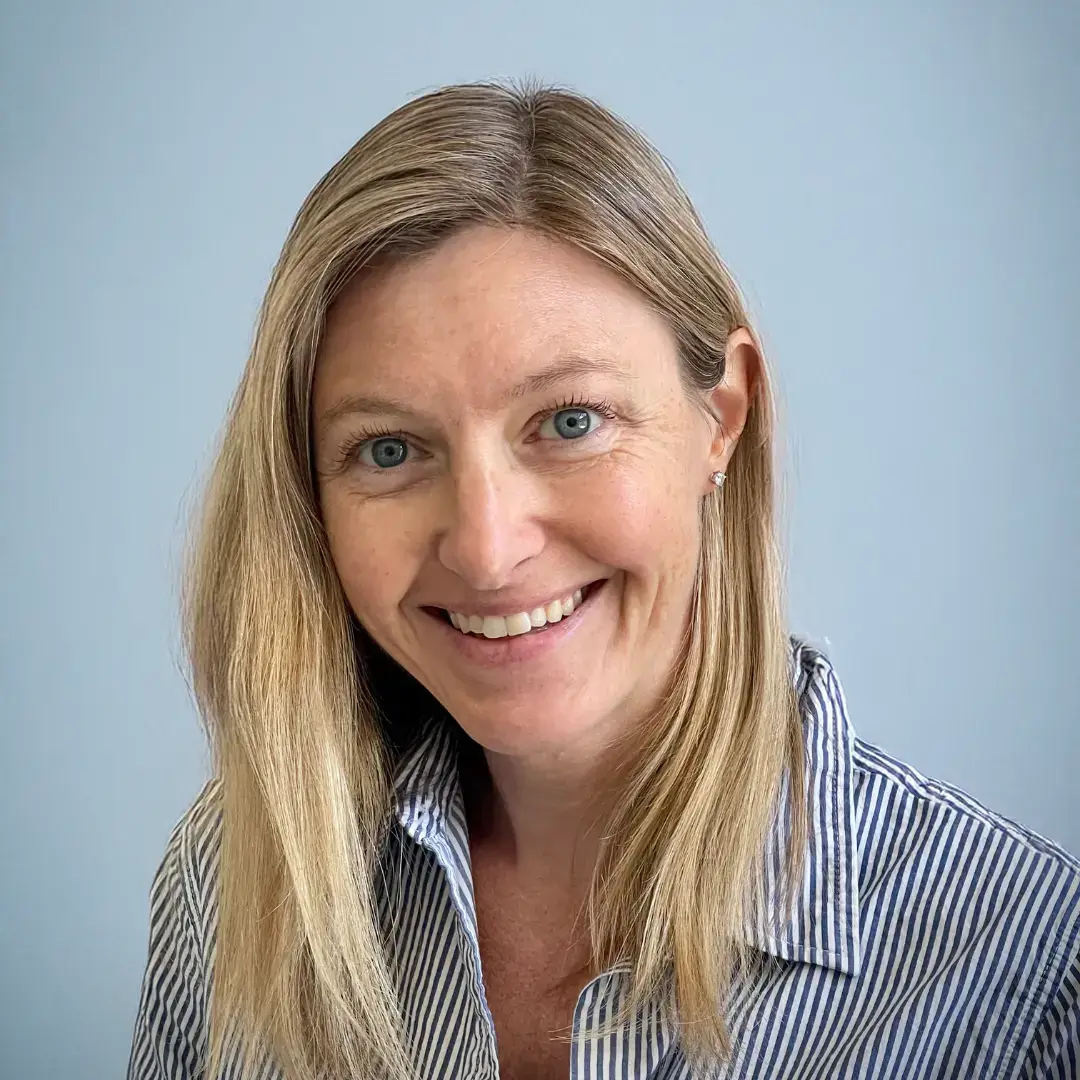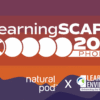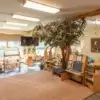MeTEOR Education recently hosted an insightful event, FUTURE PROOF: Are Your Learning Environments Ready for the Future?, at the Bowers Museum in Santa Ana, California. The event brought together educators, administrators, and industry experts to discuss future-ready learning environments, emphasizing the need to align educational spaces with evolving career and skill demands.
Purpose-built Environments
A central theme of the event was the importance of designing learning spaces that foster specific skill development, particularly in the context of career education.
Kevin Baird, Chairman for Global Center for College & Career Readiness, challenged the traditional question we ask students, “What do you want to be when you grow up?” Instead, he urged that we focus on encouraging children to identify the problems they are passionate about solving. By shifting the conversation, students can explore career paths that align with their specific interests and passions.

Additionally, in the purpose-built environments of tomorrow, technology is no longer merely a tool or resource—it becomes an active participant in the learning process. This shift in perspective encourages more innovative uses of technology in classrooms, helping students engage more deeply with content and develop stronger problem-solving skills.
Investing in the Future
The event also highlighted the importance of making intentional investment in education to achieve long-term benefits for students. The emphasis was on how today’s educational initiatives will impact students’ futures and their ability to thrive in a rapidly changing world.

Bridgitte Alomes, CEO and founder of Natural Pod, spoke about bringing greater intentionality to learning space design by creating environments that spark imagination and empower students to develop their curiosity and sense of agency. She believes that effective learning environments require more than just a financial investment; they demand a holistic approach to education involving collaboration with stakeholders and knowledgeable partners.
Implementation Support
Another key message at the event was the value of working with expert consultants who provide genuine insights into educational needs—not just those pushing products. These partnerships should provide unbiased support and guidance from initial design stages through to the implementation of a vision, co-created with the educational community it directly impacts.
Dr. Jesus Jara, K-12 Global Practice Leader and former Superintendent for Orange County Public Schools in Florida, reinforced this idea, emphasizing that schools and districts must work with organizations that provide strong implementation support, ensuring that the resources they invest in are used effectively. Proper support and follow-through are crucial for ensuring that new initiatives succeed and have a lasting impact on student outcomes.

Key Takeaways:
- Fostering Problem-Solving: Learning environments should ignite a passion for problem-solving by encouraging students to explore real-world issues they are excited to tackle.
- Engaging Knowledgeable Partners: Schools should collaborate with educational consultants and organizations that offer valuable insights and genuine support to maximize the impact of educational investments.
- Holistic Approach to Implementation: Combining high-quality resources with strong implementation strategies is essential for creating meaningful, long-lasting improvements in educational outcomes.
The FUTURE PROOF event served as an inspiring platform to rethink how we approach the design and implementation of learning environments. As education continues to evolve, these conversations are vital to ensuring that students are well-equipped for the challenges of the future.
About Contributing Author Kelly Rosensweet

Get your copy of our new classroom furniture Buying Guide!
Explore our buying guide for learning space furniture procurement, designed to empower educators and school leaders in making informed decisions about transforming their learning environments.











